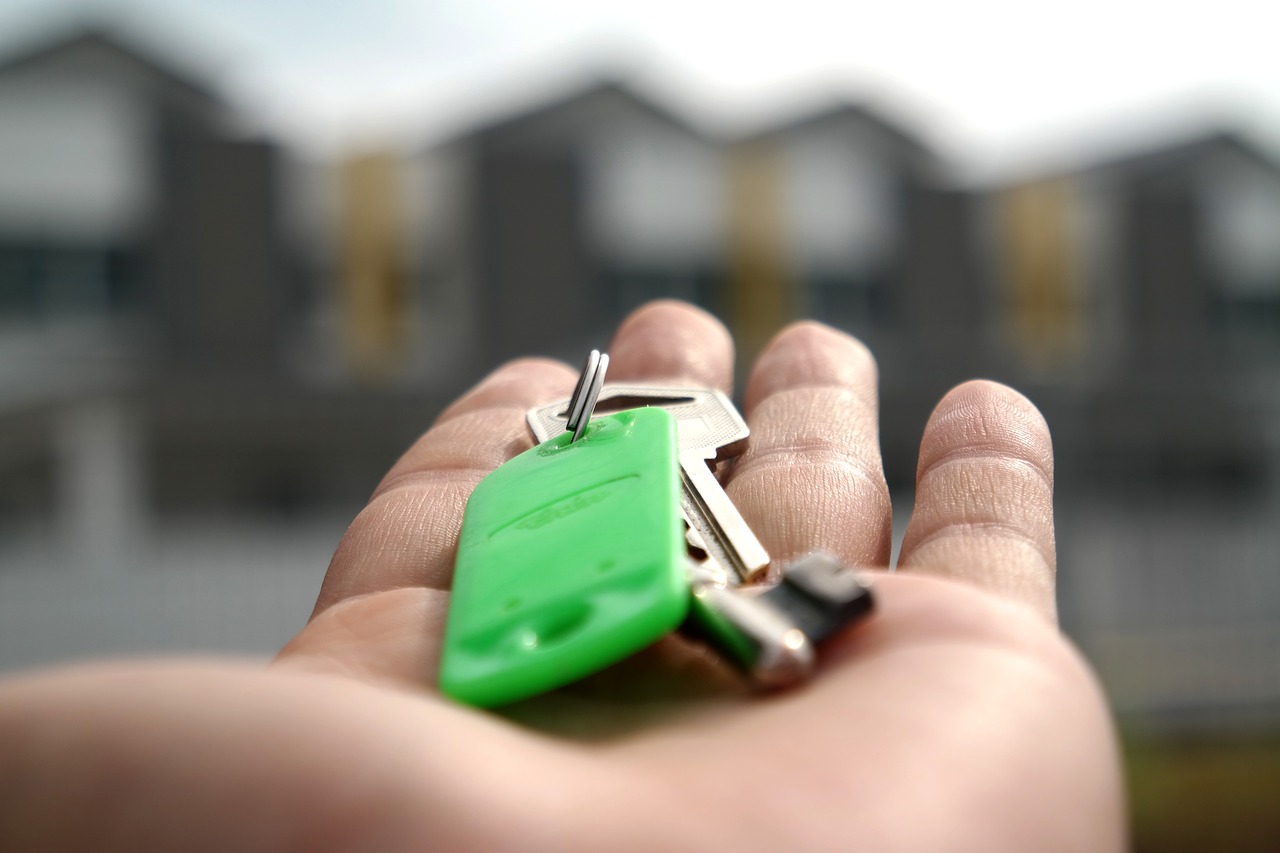With house prices in many areas still well beyond what many people can afford, record numbers are continuing to rent. A 2018 Family Resources Survey found that people in their forties are now almost twice as likely to rent than they would have been ten years ago. The research puts this down to rising house prices across the UK, which have made it unaffordable for many people to buy their first home – even into their middle age.
Others are turning to renting because, in some areas, there is a perception that monthly payments work out cheaper than what they would be with a mortgage. For instance, if you are planning to rent an apartment in London it’s highly recommended to visit the Rentberry website where you can find enough options of London apartments with afforfable prices. Without a major deposit, renters struggle to get on the property ladder and, if they do, may be charged higher rates due to a higher loan-to-value ratio.
However, for those that manage to save a healthy deposit, buying a home is almost always the better option, working out cheaper than renting in almost all areas of the UK. Furthermore, buying a home is a long-term investment that will end up paying for itself as the mortgage is paid off. Santander Mortgages recently found that wannabe first-time buyers could save £2,268 per year on average through owning their home. Although this saving was reliant on saving a 24 percent deposit of an average of £51,000, it offers hope for those on the cusp of buying.
But what about those that simply do not have a deposit of this size? Those struggling to save money may feel like a deposit of that magnitude could be out of reach for many years. The good news is, you may still be able to buy somewhere with a lower deposit, and it may still work out cheaper. The Government’s Help to Buy scheme is one route that first-time buyers can take to get themselves on the property ladder quicker than they think.
The Help to Buy Scheme applies to new build properties in the UK with values of up to £600,000. It basically aims to help people own their own home quicker, through two different options – either by lending you the difference on the deposit you need, or by entering into a shared ownership agreement with you.
The former – called an equity loan – requires buyers to have just five percent deposit, with the Government lending the buyer the rest of the required amount up to 20 percent of the purchase price. The new homeowner would then pay the government back in monthly instalments until paid off; the owner would then fully own the equity in the property.
The latter option – shared ownership – allows people to purchase between 25 percent and 75 percent of a property. This is ideal for people who cannot afford to buy 100 percent of a home, or for people that wish to live in a slightly more expensive area than they would otherwise have been able to afford. It’s also ideal for those who require a slightly larger property – perhaps a young family – but could only afford to buy a smaller property without assistance. Shared ownership basically means that the buyer jointly owns their home with the Government. They would make monthly repayments on their mortgage, along with proportionate rental payments to the Government for its share. When the property is sold, the Government is paid back, along with any corresponding profit it may have made on its share.
By using the Help to Buy scheme, buying a new home can often work out cheaper than renting. Mortgage rates are still at a historic low, so buyers with a good credit history can expect to pick up a deal with a high street lender at around just two percent interest. With a larger deposit – helped by the government’s scheme – buyers can expect even lower rates.
It is worth noting that house prices are stagnant in many areas. While the prospect of depreciation may put some buyers off ownership, the market also presents ample opportunity. A stagnant market can mean that demand is lower, leading to an ideal environment for buyers to put in offers some 10-15 percent lower than asking prices. The “buyers’ market” also applies to new homes; developer’s eager to sell off properties often sell off-plan (before completion) at 5-10 percent less than market value. Furthermore, many new build developments offer to cover the cost of a buyer’s stamp duty, meaning huge savings in some of the more expensive areas in the country.
So, there you have it. While you may be dubious that buying a home can actually save you money, a new build may just be the answer you are looking for. With Help to Buy, no stamp duty, and below-market-value deals to be made, you could find yourself closer to home ownership than you think.
Why buying a new home is better value than renting



 Bitcoin
Bitcoin  Ethereum
Ethereum  Tether
Tether  XRP
XRP  Solana
Solana  USDC
USDC  Cardano
Cardano  TRON
TRON  Lido Staked Ether
Lido Staked Ether  Toncoin
Toncoin  Avalanche
Avalanche